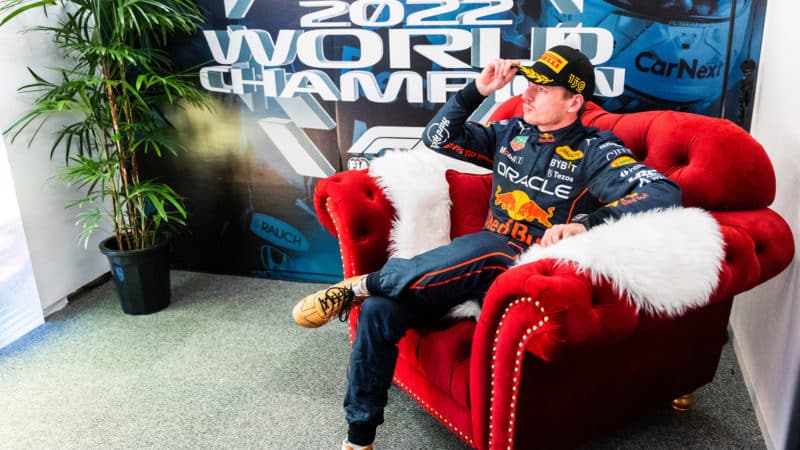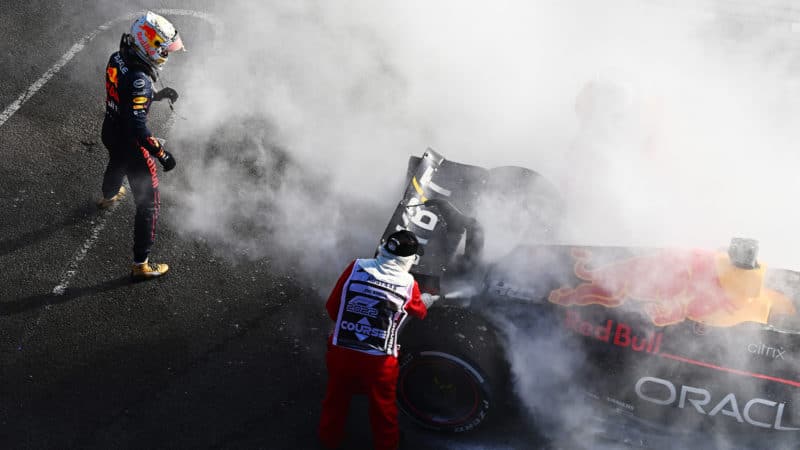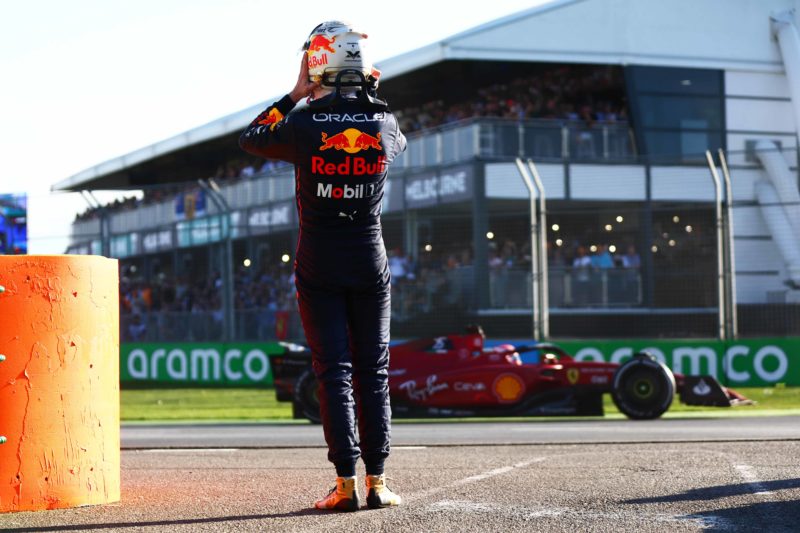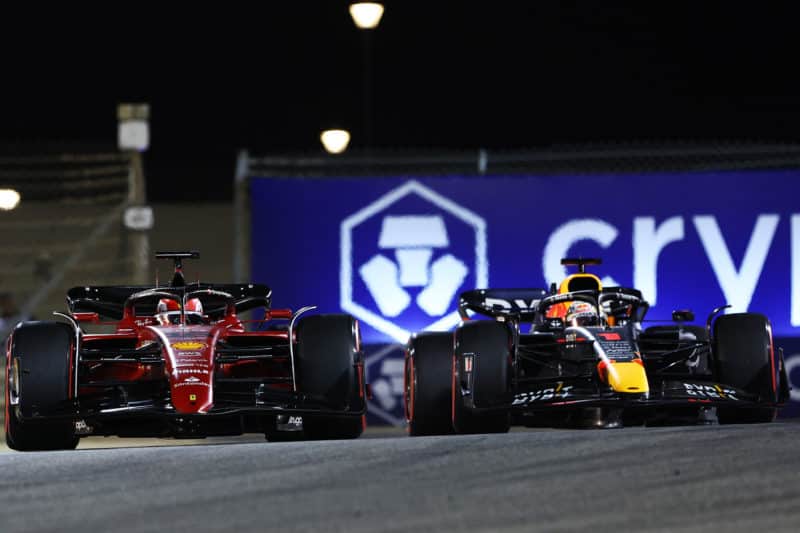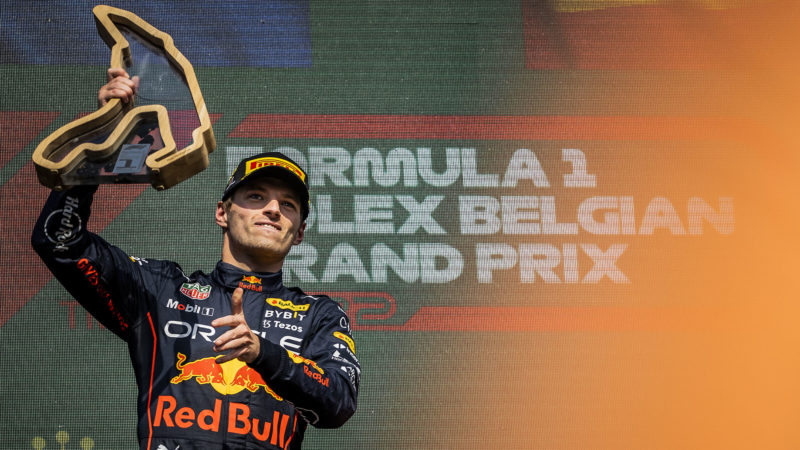Plain and simple, Ferrari as a race team has operated too far below Red Bull’s fully match-fit and famous sharpness. Then again, Leclerc carries some of the responsibility, too. Those unforced errors at Imola and most painfully at Paul Ricard, where he spun out of the lead, were heart-wrenchingly painful and damaging to a driver who is all too aware of his own deficiencies. Leclerc is self-critical to a fault. But, as Johnny Herbert told us in his recent magazine column, there are question marks beyond the driving errors that hang over his leadership qualities, within a team that desperately needs strength of character from those sitting in the cockpits. Which leads us to an awkward contradiction: while Leclerc’s grace and diplomacy are admirable in those moments when Ferrari reliability or strategy incompetence has let him down – especially in contrast to Verstappen’s ugly ire – perhaps he needs to take a leaf from his rival next year and beyond, and impose himself with greater force to trigger the change that is so obviously required. Imagine how Verstappen would deal with such failings were he in the Ferrari this year. Something would have broken long before now in the wake of the ensuing nuclear-level explosions – and perhaps that would have been for the best.

Too laid-back? Leclerc doesn’t appear to take his team to task in the same way as Leclerc
DPPI
When everything is singing in tune, Leclerc has proven he can match and beat Verstappen wheel to wheel (again, Bahrain is the example). But even if he and Ferrari had maintained their challenge deeper into the summer, this would likely have been a rivalry that would have lacked the bitter edge that existed last year between Verstappen and Hamilton, Red Bull and Mercedes. Verstappen and Leclerc are the same age and have known and raced against each other since their karting days. Hamilton is 12 years older and the established target to aim for, creating a wholly different dynamic. You also get the feeling that on a personal level Verstappen and Hamilton will never quite see eye to eye.
